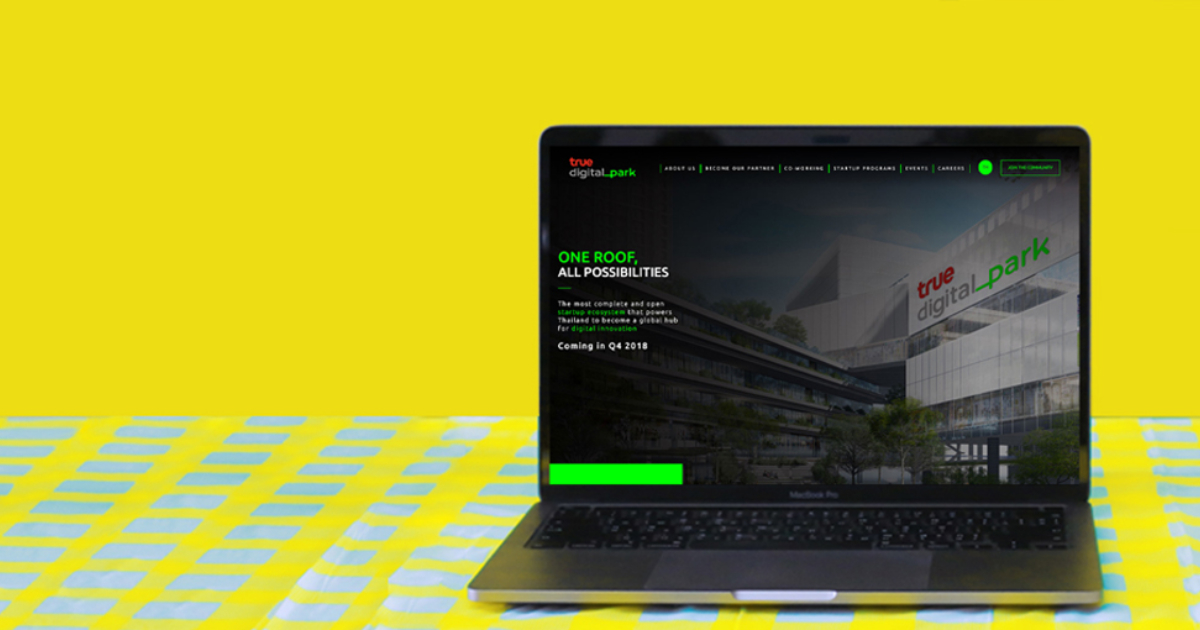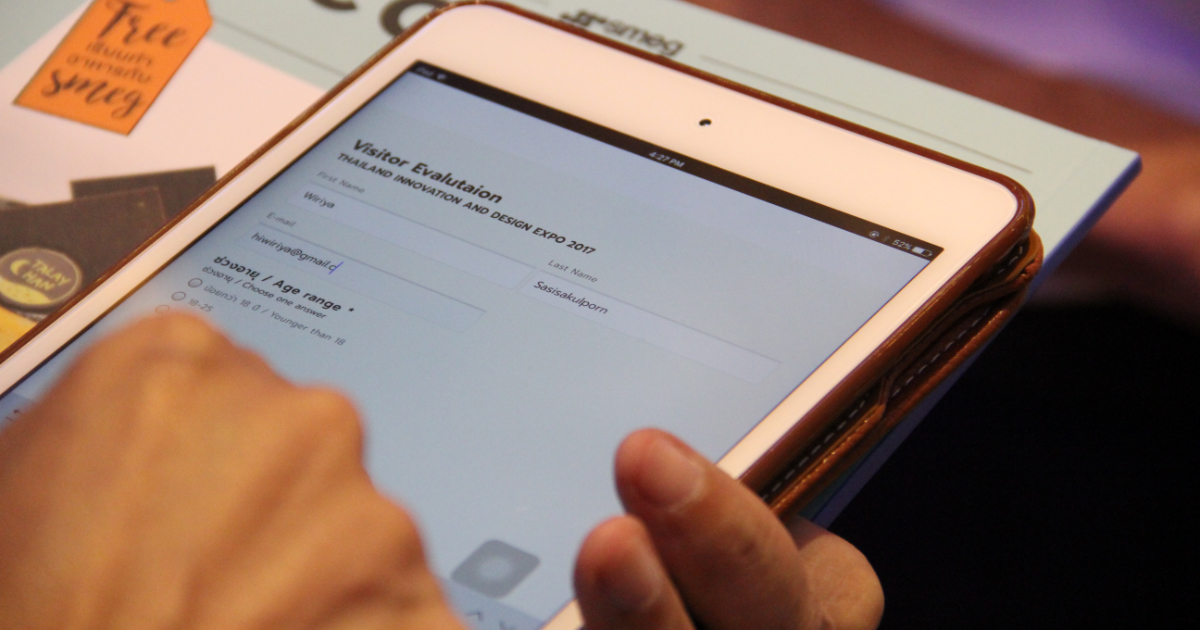Event marketing is a critical component of any successful event, and it can be challenging to get it right. With so many events competing for attendees’ attention, event managers and planners must be strategic in their promotion efforts.
However, traditional promotional tactics like print ads and radio spots can be expensive and have limited reach. At the same time, digital marketing channels like social media and email marketing require a lot of time and expertise to execute correctly.
In this article, we’ll explore some of the most effective event marketing strategies to help you promote your event and drive attendance.
Table of Content
• Building a Strong Brand Identity for Your Event
• Creating an Event Website to Showcase Event Details and Sell Tickets
• Utilizing Email Marketing to Communicate With Attendees and Prospects
• Creating a Buzz on Social Media to Increase Awareness
• Developing Strategic Partnerships With Sponsors and Influencers
• Utilizing Event Registration and Ticketing Platforms to Streamline the Process
• Creating Engaging Event Content to Attract Attendees
• Implementing Targeted Advertising Campaigns
• Incorporating Event Feedback and Metrics to Improve Future Events
• Leveraging Event Data to Personalize Attendee Experiences
• Conclusion
Building a Strong Brand Identity for Your Event
One of the most important aspects of event marketing is building a strong brand identity for your event. A well-defined brand identity can help differentiate your event from competitors, create a sense of anticipation and excitement, and attract more attendees. Here are some tips for building a solid brand identity for your event:
First, define your event’s unique value proposition and target audience. What makes your event different from others? Who is your target audience, and what do they value? This information will guide your branding strategy and help you create a brand identity that resonates with your audience.
Second, choose a name and tagline that reflects your event’s personality and value proposition. Your event name and tagline should be memorable, easy to pronounce, and communicate what attendees can expect from your event.
Third, develop a visual identity that reflects your brand personality and resonates with your audience. This includes designing a logo, color scheme, and typography that align with your event’s message and appeal to your target audience.
Remember, building a strong brand identity is a continuous process that requires ongoing attention and refinement. By investing in your event’s branding strategy, you can create a memorable and impactful event that attendees look forward to each year.

Creating an Event Website to Showcase Event Details and Sell Tickets
Creating an event website is a crucial step in event marketing. It serves as the online face of your event, providing attendees with all the information they need and acting as a central hub for ticket sales, updates, and more. A well-designed event website can also help build anticipation and excitement, making attendees more likely to spread the word and invite others.
When creating your event website, keep in mind the user experience. Make it easy for attendees to find the information they need, including event details, ticket pricing, location, and any FAQs they might have. The website should also be mobile-friendly, as many people will access it from their phones.
Finally, consider using SEO strategies to increase visibility and drive traffic to your site. With a well-designed event website, you can effectively promote your event and make it easy for attendees to purchase tickets and engage with your brand.
Utilizing Email Marketing to Communicate With Attendees and Prospects
Email marketing is an effective tool for communicating with both attendees and prospects. It allows you to provide personalized updates, reminders, exclusive promotions, and discounts. To get the most out of your email marketing efforts, start by segmenting your email list into different groups based on interests, behavior, or demographics. This will enable you to create targeted campaigns that resonate with each group and increase the likelihood of conversions.
When crafting your email marketing messages, keep them concise and visually appealing. Use eye-catching subject lines and clear calls to action to drive engagement and clicks. Timing is also crucial; avoid sending too many emails too often, which can lead to unsubscribes or email fatigue. Instead, aim to send timely and relevant messages that provide value and build excitement for your event.
Using email marketing effectively boosts attendance, drives engagement, and builds lasting relationships with your attendees and prospects.
Creating a Buzz on Social Media to Increase Awareness
Social media is one of the most powerful tools for promoting your event and increasing awareness. By creating a buzz on social media, you can generate excitement and anticipation among your target audience.
Start by identifying which social media platforms your audience is most active on, and then develop a strategy to engage with them. Use eye-catching graphics and videos to grab their attention and create interest. Encourage potential attendees to share your posts and use relevant hashtags to reach a wider audience.
Remember to monitor your social media accounts and respond promptly to inquiries or comments. With the right approach, social media can be a game-changer in promoting your event and driving attendance.
Developing Strategic Partnerships With Sponsors and Influencers
One effective way to maximize your event’s visibility and attract more attendees is by developing strategic partnerships with sponsors and influencers. Sponsors can help provide financial support and increase brand recognition for your event, while influencers can help spread the word about your event to their audience.
When identifying potential partners, consider their relevance to your event and target audience. Look for partners who align with your event’s values and goals and can offer your attendees unique value. For example, if your event is focused on health and wellness, partnering with a fitness brand or a health influencer can help attract the right audience.

Utilizing Event Registration and Ticketing Platforms to Streamline the Process
Managing event registration and ticketing can be a complex and time-consuming process. However, event management software can streamline the process and help avoid headaches. With this technology, you can manage attendee information, send out invitations and reminders, and process payments in one place.
Using event management software, you can simplify your event planning process and focus on creating a memorable experience for your attendees.
Our event management software can help you simplify the process of registration and ticketing. Visit our website to learn more.
Creating Engaging Event Content to Attract Attendees
Creating engaging event content is crucial in attracting attendees. Start by identifying your target audience and tailoring your content to their preferences. This can include video teasers, speaker spotlights, and behind-the-scenes glimpses.
Use storytelling techniques to build excitement and anticipation for the event. Incorporate interactive elements like polls or quizzes to engage attendees and encourage social sharing. Remember to maintain consistency in your messaging and visuals to reinforce your brand identity and create a memorable experience for attendees.
By creating compelling event content, you can differentiate yourself from competitors and increase the chances of attendee retention and positive word-of-mouth. Utilize various channels, such as social media and email marketing, to distribute your content and reach a wider audience. Don’t forget to track and analyze engagement metrics to improve your content strategy continuously.
Implementing Targeted Advertising Campaigns
To drive attendance to your event, it’s important to have a targeted advertising campaign in place. This means that you’re not just blindly promoting your event to everyone but focusing on the audience that’s most likely to attend. This can be achieved through various methods, such as social media ads, Google Ads, or even sponsored content on relevant websites or blogs. Using data such as demographics, interests, and location, you can ensure that your ads reach the right people at the right time.
It’s also important to continually track and analyze your campaign’s performance to make necessary adjustments and optimize your budget. With a well-planned and executed advertising campaign, you can increase your event’s visibility and attract the right attendees.
Incorporating Event Feedback and Metrics to Improve Future Events
To ensure that your future events are even more successful, learning from past experiences is essential. By incorporating feedback and metrics, you can get valuable insights that will help you improve your event strategy. One effective way to collect feedback is to send out surveys to attendees and ask for their honest opinions. You can also gather data on event performance, such as ticket sales, social media engagement, and website traffic.
By analyzing the feedback and metrics, you can identify areas where you can improve and make data-driven decisions for your future events. For example, if attendees consistently complain about long lines at registration, you can consider implementing a digital check-in system to streamline the process. Likewise, if your social media posts get more engagement than email marketing, you can adjust your communication strategy accordingly.
Collecting feedback and data from your events is essential to improving future events. Utilizing survey software can streamline this process and provide valuable insights to help you make informed decisions. With the right tools and strategies, you can take your event marketing efforts to the next level and drive attendance for years.

Leveraging Event Data to Personalize Attendee Experiences
As an event planner, you want to create a unique and personalized experience for each attendee. However, it can be challenging to cater to your audience’s diverse needs and preferences. Leveraging event data can help you gain insights into attendee behavior, interests, and engagement levels, allowing you to personalize their experience.
By collecting data through various sources such as registration forms, social media, and event apps, you can build a comprehensive profile of each attendee. This information can segment your audience and tailor your communication and marketing efforts to their interests and preferences. You can also use the data to offer personalized session recommendations, networking opportunities, and exhibitors.
Personalization not only enhances the attendee experience but also leads to increased engagement, satisfaction, and loyalty. With the right tools and strategies, you can harness the power of event data to create a more memorable and impactful event.
Conclusion
The world of event marketing is constantly evolving, but one thing remains true: effective promotion can make or break your event. We hope this article has provided valuable insights and practical strategies to help you succeed in your event marketing efforts.
Looking for tools to help you promote and manage your events more effectively? Happenn has got you covered. We offer a range of solutions to meet your needs, from event registration to survey software and more. Visit our website at happenn.com to learn more, or contact us at hello@happenn.com.
Want to get in touch right away? Click here to fill out our contact form. We can’t wait to help you make your next event a success!

